Sugar producers have welcomed the Supreme Court's decision to dismiss a public interest litigation (PIL) challenging the Narendra Modi government's E20 ethanol blending policy. The top court's decision confirms that E20 will continue as planned, reinforcing the country's campaign for cleaner fuels, said Deepak Ballani, Director General of ISMA, an industry body representing private and public sugar mills in the country.
The matter relates to criticism against the central government's ambitious E20 policy, which has reached its goal of blending 20 per cent ethanol in petrol five years ahead of the the originally planned 2030 target. The Centre's E20 ethanol blending policy is aimed at reducing the country's dependence on fossil fuel imports while enhancing energy security and promoting environmental sustainability.
As of July 31, the ethanol blending in the country averaged 19.05 per cent in the ethanol supply year (ESY) 2024-25, with a 19.93 per cent reading for July, according to an official statement.
An ethanol supply year runs from November to October.
"Achieving a 20 per cent blending target five years ahead of schedule has had a transformative impact... This milestone underscores the policy’s benefits for farmers, the economy, and the environment, and highlights India’s commitment to a sustainable energy transition," added Ballani.
Top court dismisses PIL vs Centre's E20 policy | What did the plea say?
The petitioner argued that the policy would affect vehicles that are not compatible with E20, stating that the ethanol-blended fuel will hurt aspects like fuel economy and engine performance while causing corrosion in vehicle parts.
The petitioner sought the mandatory labelling of petrol so that customers could be aware of what they are buying.
"Now, only E20 is seemingly available without any notice... There are vehicles being manufactured compatible with E20 petrol, there is no difficulty on that. But the largest number of vehicles have not been manufactured for that. A NITI Aayog report says that vehicles are being damaged... There is a drop and fuel efficiency. This has been done without any notice," said Senior Advocate Shadan Farasat, representing the petitioner.
"Let E20 be there.... We are not against that. But there should be a choice of what was available previously as well while informing the consumer (about which fuel is being supplied to them)... because at petrol pumps, we don't know what we are consuming," stated Farasat.
The Attorney General, representing the Government of India, said: "I say it with some responsibility that the petitioner is just a name lender. A lobby is behind it. The government has considered everything."
The top court then decided to dismiss the plea.
ISMA also represents the broader sugar and bio-energy production industry.
Sugar mills and E20 | Molasses, waste or a crucial by-product?
Molasses are syrups that are produced by sugar mills as a by-product.
They are used as raw material to produce ethanol.
The Cenre has removed all quantitative restrictions on ethanol production from these sugar mill by-products for ESY 2025-26. This has enabled sugar mills and distilleries to manufacture ethanol freely and at larger scales.
Sugar mills benefit from the E20 policy by diverting excess sugar production into ethanol rather than sugar sales alone, which helps stabilise domestic sugar prices while ensuring additional income to growers and mills.
The Centre's E20 policy is aimed at reducing crude imports and boosting farmer income while promoting environmental sustainability.

 1 week ago
2
1 week ago
2




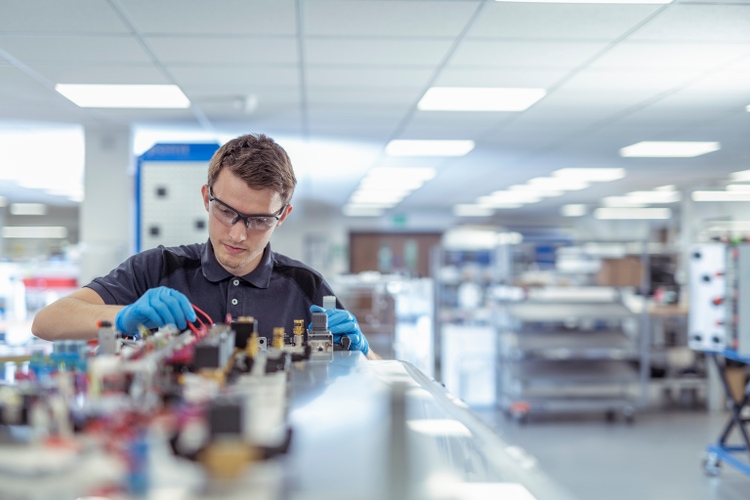
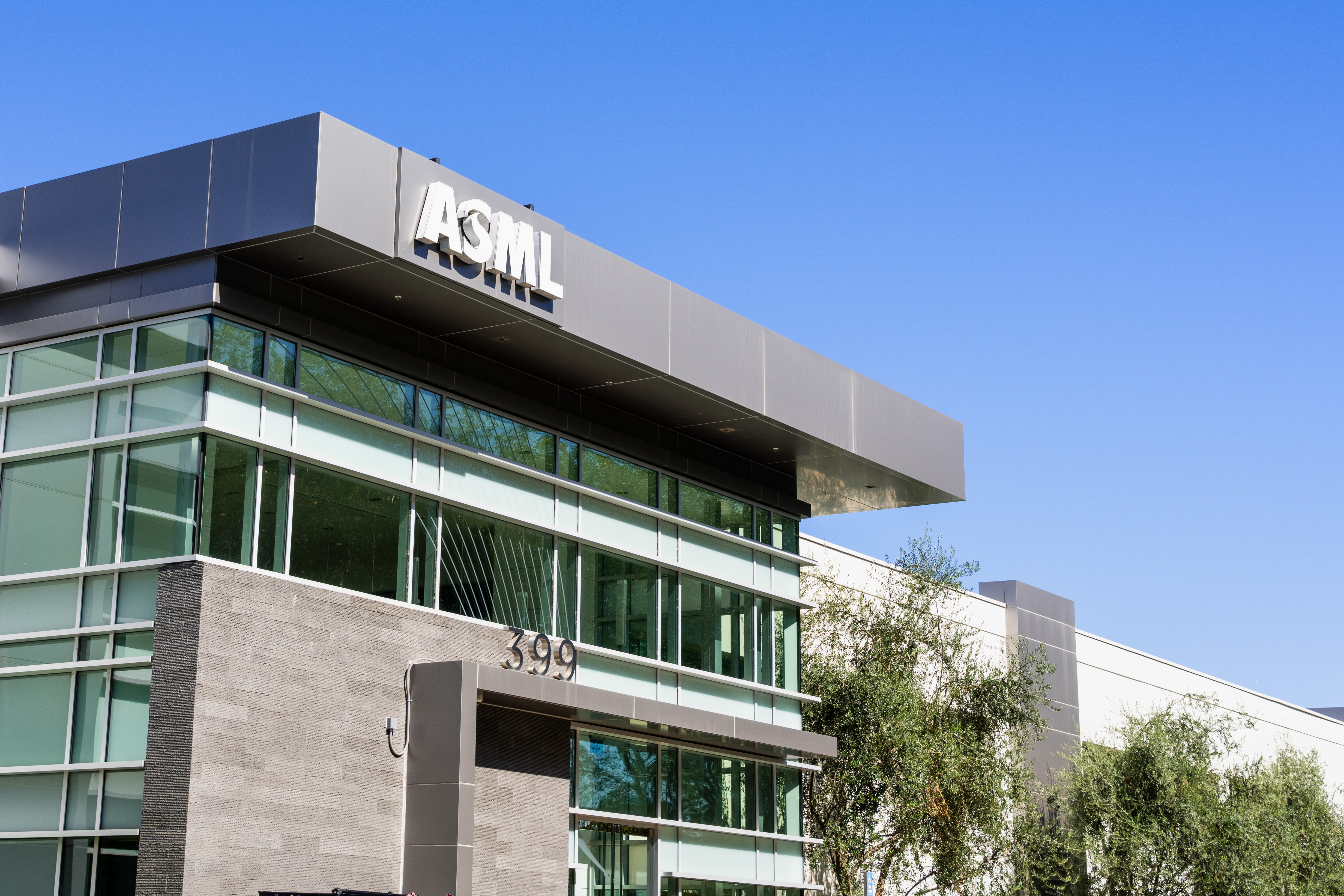
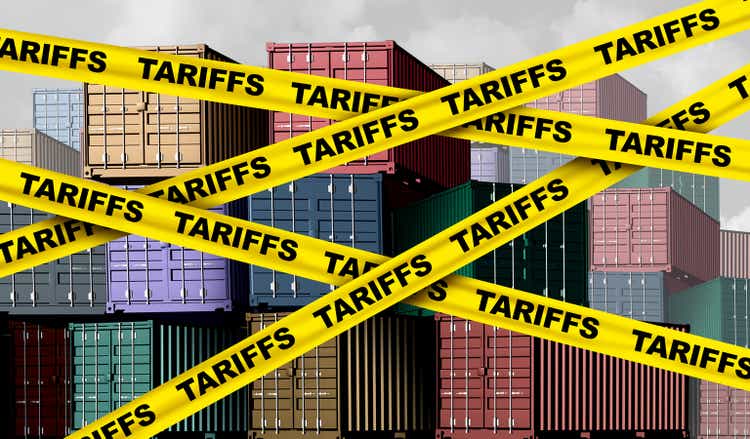

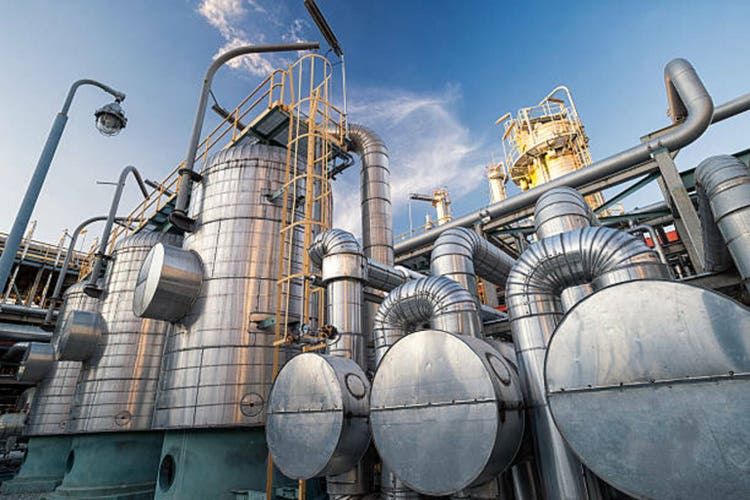




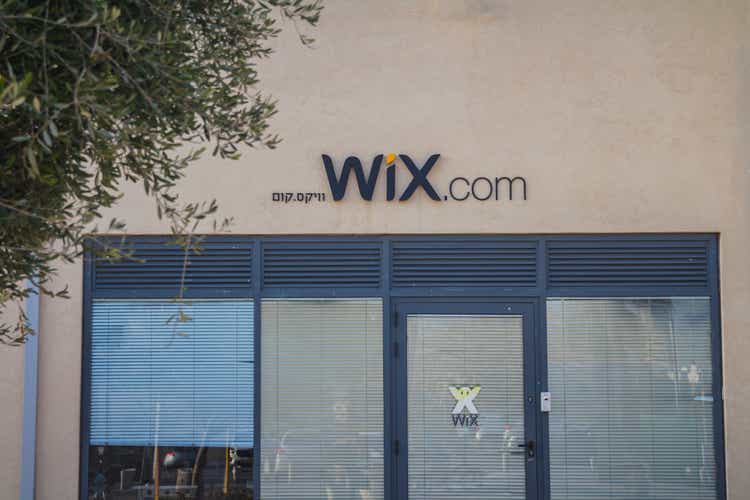



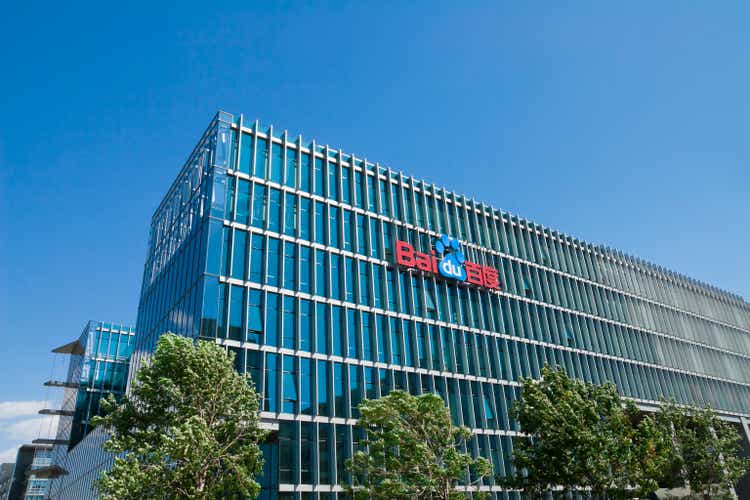


 English (US) ·
English (US) ·